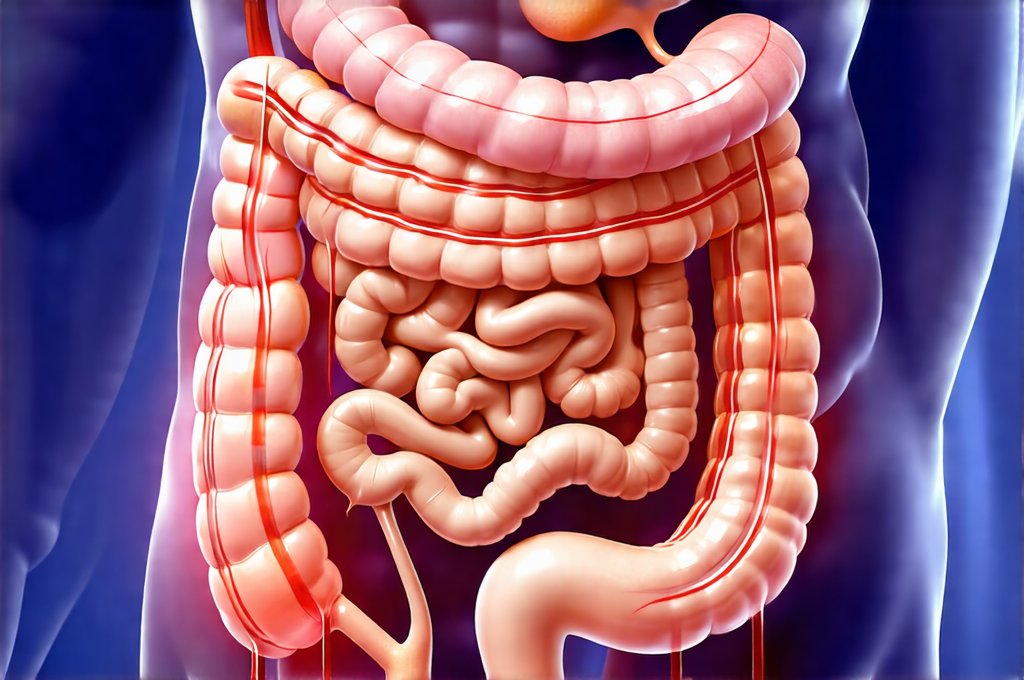Regular bowel movements are often taken for granted when they’re happening consistently, but can become a significant source of discomfort – both physical and mental – when disrupted. Many factors influence this essential bodily function, ranging from diet and hydration to stress levels and physical activity. A healthy digestive system isn’t just about what you eat; it’s equally about how you live. Achieving consistent bowel movement patterns is a cornerstone of overall wellbeing, impacting nutrient absorption, toxin elimination, and even mood. Understanding the interplay between lifestyle choices and gut health can empower individuals to take proactive steps towards optimizing their digestive function.
This isn’t necessarily about achieving a daily bowel movement for everyone; what’s “normal” varies considerably from person to person. It’s more about establishing a predictable pattern that feels comfortable and doesn’t involve straining, pain, or significant fluctuations in frequency. The goal is a digestive experience free of anxiety and disruption. This article will explore practical habits – easily integrated into daily life – that promote healthy bowel function and contribute to a sense of internal balance. These are lifestyle adjustments designed to support your body’s natural processes, rather than forceful interventions.
Dietary Foundations for Regularity
Diet plays arguably the most significant role in establishing consistent bowel movements. A diet lacking in fiber is often the primary culprit behind constipation and irregular patterns. Fiber adds bulk to stool, making it easier to pass, and also stimulates peristalsis – the wave-like muscle contractions that move food through your digestive tract. It’s not just about quantity of fiber, but also variety.
- Soluble fiber, found in oats, beans, apples, and citrus fruits, dissolves in water to form a gel-like substance, softening stool and slowing down digestion.
- Insoluble fiber, present in whole wheat bread, vegetables like broccoli and carrots, and bran, adds bulk and speeds up the movement of waste through your digestive system.
Aiming for 25-30 grams of fiber per day is a good starting point for most adults, but gradually increase intake to avoid bloating or discomfort. Beyond fiber, incorporating prebiotic foods can also be incredibly beneficial. Prebiotics are essentially food for the beneficial bacteria in your gut (probiotics). Sources include garlic, onions, bananas, asparagus, and leeks. A thriving gut microbiome is essential for optimal digestion and regularity. Understanding dietary habits can be a starting point to optimize your diet.
Hydration is equally critical. Water helps soften stool and facilitates its passage through the intestines. Dehydration often leads to harder stools that are more difficult to eliminate. While individual needs vary, aiming for eight glasses of water per day is a general guideline. Consider increasing your fluid intake if you’re physically active or live in a hot climate. Prioritizing whole, unprocessed foods and staying adequately hydrated forms the bedrock of consistent bowel movement patterns. You can also look into daily habits to support your hydration goals.
The Role of Fats & Protein
While fiber often takes center stage in discussions about digestive health, adequate fat and protein intake are also vital components for regularity. Healthy fats – think avocados, olive oil, nuts, and seeds – lubricate the digestive tract, making it easier for stool to move through. They also aid in nutrient absorption. However, excessive amounts of saturated or trans fats can slow down digestion and contribute to constipation, so moderation is key.
Protein provides building blocks for enzymes that support digestion and helps maintain the integrity of the intestinal lining. Insufficient protein intake can compromise these processes. However, extremely high-protein diets without adequate fiber and hydration can also lead to constipation. A balanced approach is best – ensure you’re consuming enough protein to meet your body’s needs, but pair it with plenty of fiber-rich foods and water.
Furthermore, certain proteins can be easier to digest than others. Lean meats, fish, eggs, and plant-based sources like beans and lentils are generally well-tolerated. Processed meats and excessive amounts of red meat may take longer to digest and potentially contribute to digestive discomfort. Balancing your macronutrient intake – fiber, fats, and protein – is crucial for a harmonious digestive system. Maintaining enzyme efficiency also plays a role in proper digestion.
Timing & Meal Frequency
The way you time your meals can also influence bowel movement regularity. Eating at consistent times each day helps regulate your body’s natural rhythms, including the digestive process. Skipping meals or eating irregularly can disrupt this rhythm and lead to unpredictable bowel patterns. Establishing a routine around meal times signals to your digestive system when to expect food and prepares it accordingly.
Consider incorporating mindful eating practices into your mealtimes. Eating slowly and thoroughly chewing your food aids digestion and reduces the burden on your intestines. Avoid gulping down meals or eating while distracted. This allows for better nutrient absorption and minimizes digestive upset. Additionally, pay attention to how different foods affect you personally. Keep a food journal if necessary to identify any trigger foods that consistently cause discomfort or irregularity.
Finally, avoid large meals right before bedtime. Lying down immediately after eating can interfere with digestion and potentially lead to bloating or heartburn. Allow at least two to three hours between your last meal and going to bed. Establishing consistent mealtimes and mindful eating habits supports a healthy digestive rhythm. Be aware of eating habits that can disrupt this rhythm as well.
Lifestyle Factors Supporting Gut Health
Beyond diet, several lifestyle factors significantly impact bowel movement patterns. Physical activity is paramount; regular exercise stimulates intestinal muscle contractions, promoting peristalsis and preventing constipation. You don’t need to run marathons – even a brisk 30-minute walk each day can make a substantial difference. Incorporating more movement into your daily routine, such as taking the stairs instead of the elevator or walking during lunch breaks, is also beneficial.
Stress management is often overlooked but plays a critical role in digestive health. When stressed, your body releases cortisol – a hormone that can disrupt digestion and lead to both diarrhea and constipation. Finding healthy ways to manage stress, such as yoga, meditation, deep breathing exercises, or spending time in nature, can positively impact bowel function. Chronic stress can wreak havoc on the gut-brain axis – the two-way communication system between your digestive system and brain.
Prioritizing physical activity and actively managing stress are essential components of a holistic approach to gut health. To further support your overall wellbeing, consider digestive comfort as part of your lifestyle.
Addressing the Urge & Establishing Routine
One of the most common mistakes people make is ignoring the urge to defecate. Suppressing this natural signal can lead to harder stools that are more difficult to pass, ultimately contributing to constipation. When you feel the urge, respond promptly. Creating a dedicated time for bowel movements each day – perhaps after breakfast or during your morning routine – can help establish a regular pattern. This doesn’t necessarily mean forcing yourself if you don’t have the urge, but rather creating a consistent opportunity for your body to eliminate waste.
Ensure your bathroom setup is conducive to comfortable and relaxed elimination. A footstool can elevate your knees above your hips, which naturally facilitates bowel movements by straightening the anorectal angle. This is particularly helpful if you experience straining. Avoid reading or using electronic devices while on the toilet – this can distract you and lead to prolonged sitting, which isn’t ideal for digestive health. Responding to the urge promptly and creating a comfortable bathroom environment are key to establishing a healthy routine.
The Importance of Sleep & Gut Microbiome Diversity
Adequate sleep is crucial for overall health, including digestive function. During sleep, your body repairs itself and regulates various physiological processes, including digestion. Insufficient sleep can disrupt these processes and contribute to irregular bowel movements. Aim for seven to eight hours of quality sleep each night. Establishing a regular sleep schedule – going to bed and waking up around the same time each day – helps regulate your body’s natural rhythms.
Finally, fostering diversity within your gut microbiome is paramount for long-term digestive health. A diverse microbiome means having a wide range of beneficial bacteria in your gut. This can be achieved by consuming a variety of fiber-rich foods, incorporating fermented foods like yogurt and kefir into your diet (which contain probiotics), and avoiding unnecessary antibiotic use (as antibiotics can kill off both harmful and beneficial bacteria). Prioritizing sleep and cultivating a diverse gut microbiome are investments in long-term digestive wellbeing. Protecting your esophagus long-term is also important for overall digestive health.


















